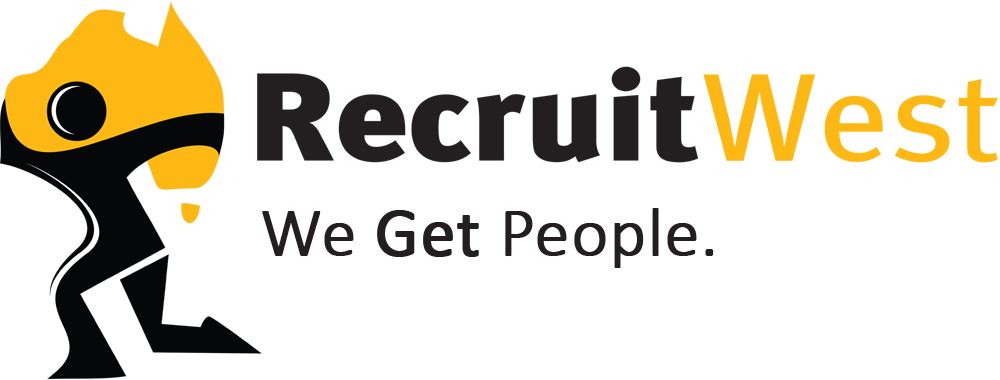Choosing the right way to manage your time at work can supercharge your performance at work and help you accelerate towards the achievement of your goals. But it can also be difficult: peak productivity means managing your schedule, identifying your goals, and implementing organisation strategies, all while responding to a dynamic environment in which new tasks come thick and fast. So, to help you get on top of things (and stay there), we’ve brought together five tips that are essential to being productive and happy.
Set clear and meaningful goals
Nietzsche famously remarked that “he who has a why to live can bear almost any how”. The same principle can be applied to your professional life: if you know why you’re doing something, then it becomes inherently more purposeful. So make sure to set goals that mean something to you—this will help you tap into a deep reservoir of motivation. Remember, goals should be SMART: that is, specific, measurable, attainable, realistic, and timely. For further information on setting goals (be they academic, professional, creative, physical, or more), see this guide.
Make technology your friend
The rise of the smartphone era means that one device can replace your diary, calendar, planner, and to-do list. You can also use apps to monitor how you’re using your time, which can be particularly helpful if you’re liable to procrastinate online or waste too much time on trivial tasks. To get started, consider popular apps like Any.do (for day to day tasks), Google Cal (for a portable calendar/planner), and Clockify (to see how you’re using your time). Depending on your needs, you can also look into Trello or Asana (for project management), HootSuite (to automate social media posting), Drafts (for making quick notes), a Pomodoro timer (to manage your breaks), and Slack (to keep in touch with your colleagues using instant messaging).
Eliminate distractions
Divided attention leads to diminished results: not all tasks are created equal, so make sure that you’re focusing on the ones that really count. A great tool for doing this is the Eisenhower matrix: categorise your tasks as important (or not important) and urgent (or not urgent). The most important tasks are important and urgent—those are the ones you should do straight away. Proceed to schedule a time for tasks that important but not urgent, delegate tasks that are urgent but not important, and, whenever possible, avoid entirely tasks that are neither important nor urgent. For more information on how to use the Eisenhower Matrix, see this article.
Organize your workspace
Is a messy desk the sign of a brilliant mind? Maybe, but who says brilliant people can’t be organized too? Make sure that you know where your important files, notes, and other documents are: this will save you a lot of time. A good way to start is by organizing documents based on how often you use them: keep the files you refer to most often close at hand, and use storage boxes or containers to manage the rest. Organize related files into folders (either on your computer or your actual desktop) and make sure to review them at the end of every month, deleting or archiving any documents you no longer need.
Finally, purge your physical and virtual desktops: make sure that every accessory on your actual desk—be it a tape dispenser, a pen jar, or a photo—has a defined ‘home’ and discard of anything that’s simply taking up space. Apply the same approach to your virtual desktop, clearing away distracting files, organising related files into folders, and making sure that you know where to find what you need when you need it.
Look after your mental health
Productivity is a desirable goal if it means you can spend more time on meaningful projects and accomplish your goals. However, it’s vital that you don’t pursue productivity at the expense of your mental health. After all, you’re never going to achieve peak performance if you’re stressed, overwhelmed, or burnt out. So, make sure to look after yourself: the National Mental Health Commission’s ‘Heads Up’ website provides various tips on how to maintain good mental health in the workplace, from setting realistic deadlines to taking regular breaks. It’s also a good idea to familiarise yourself with the symptoms of burnout and chronic stress, so you can respond proactively if you start to feel like you’re struggling.
In short, achieving productivity requires you take a holistic approach to your professional life: by attending to your physical environment, goals, relationship with technology, and mental health, you’ll create a strong foundation from which you can pursue peak productivity with confidence.


